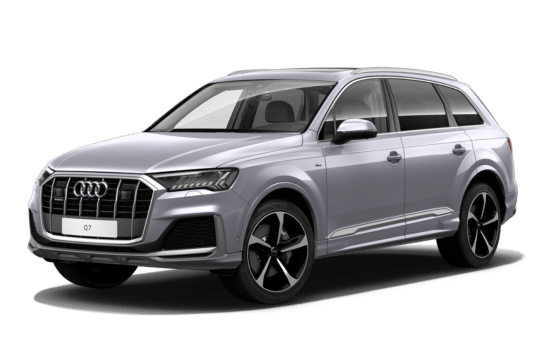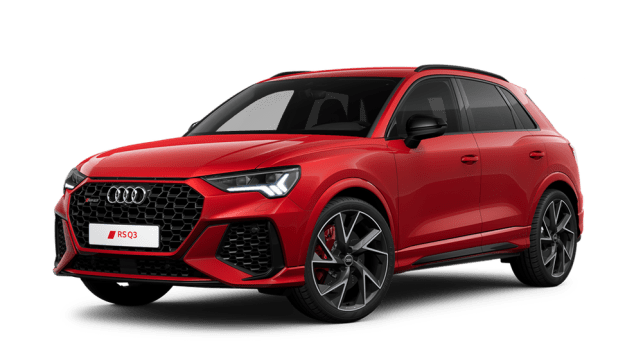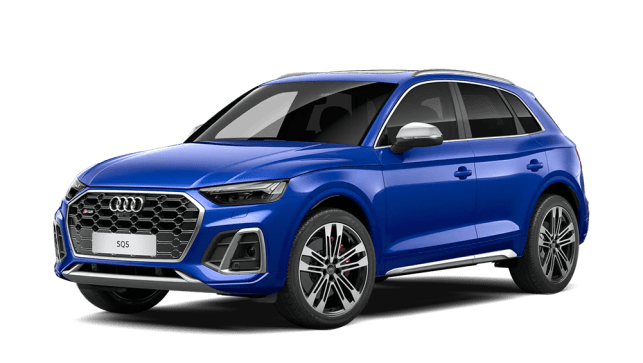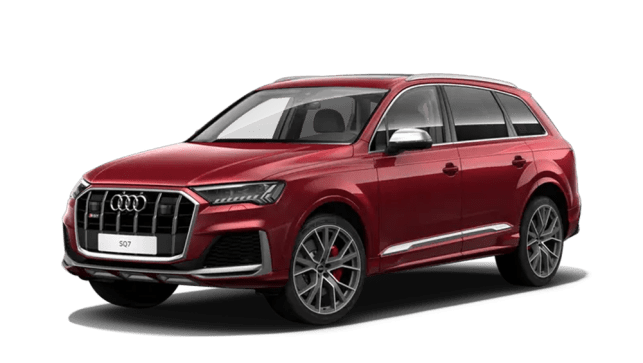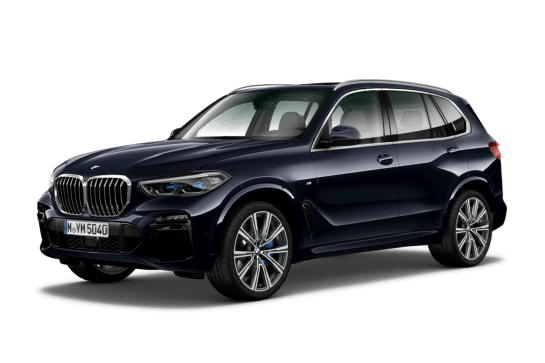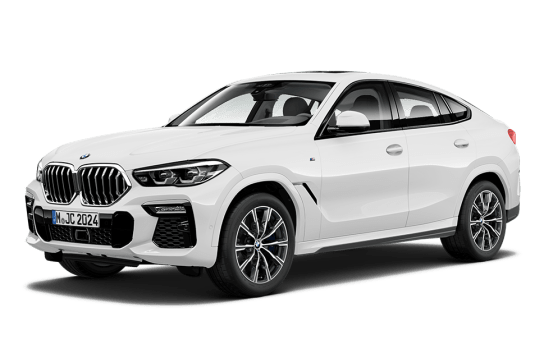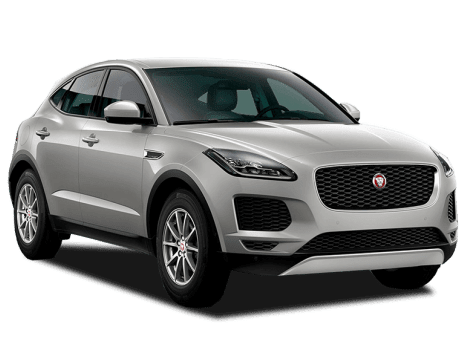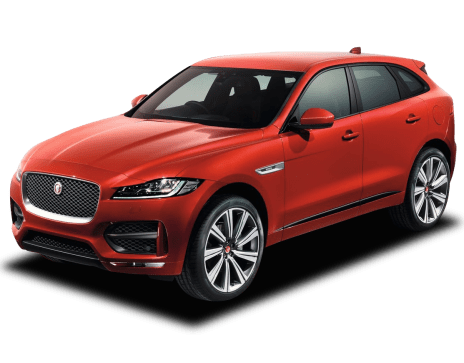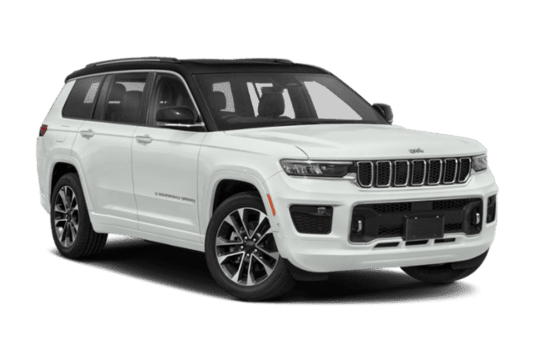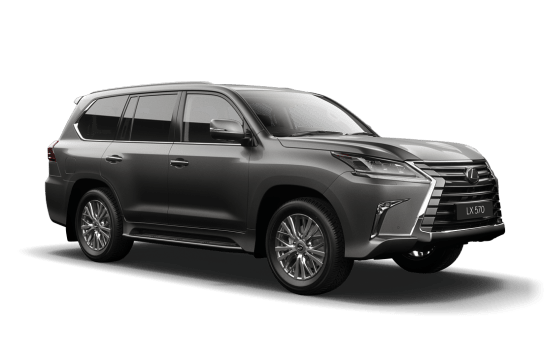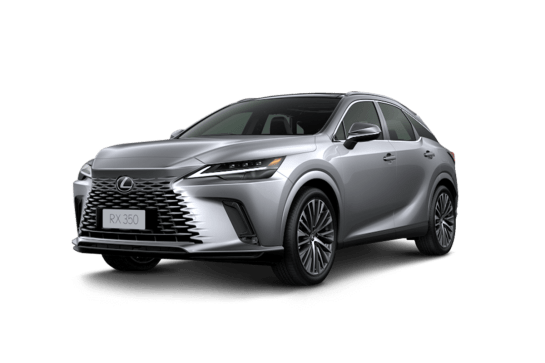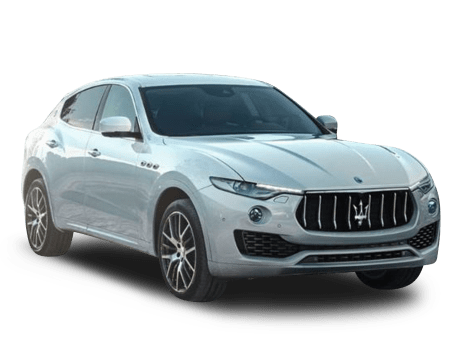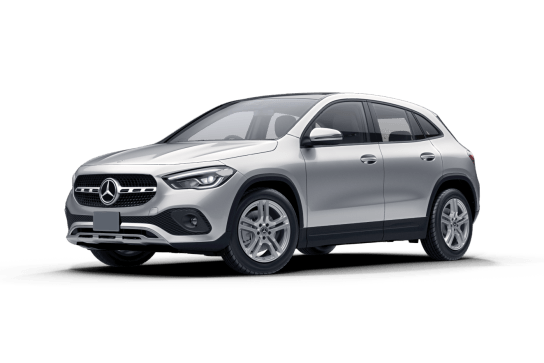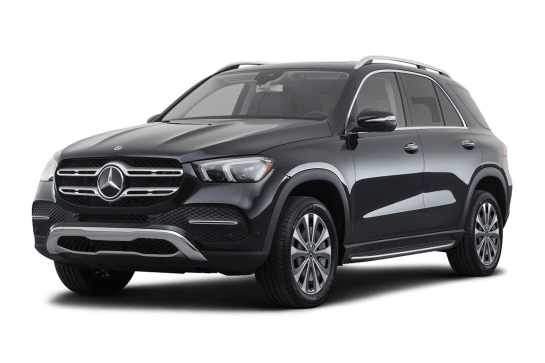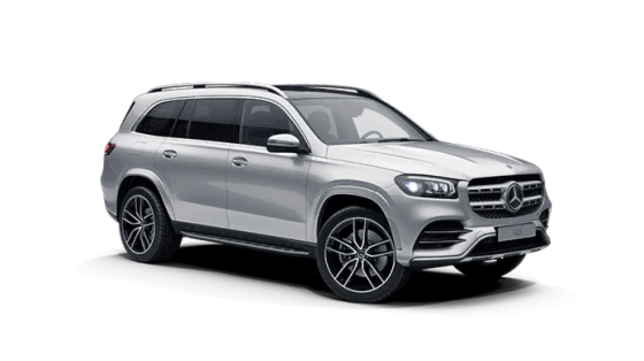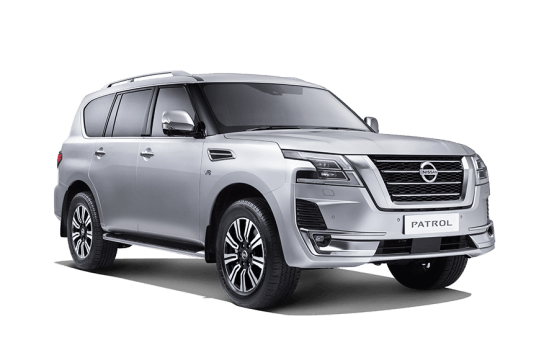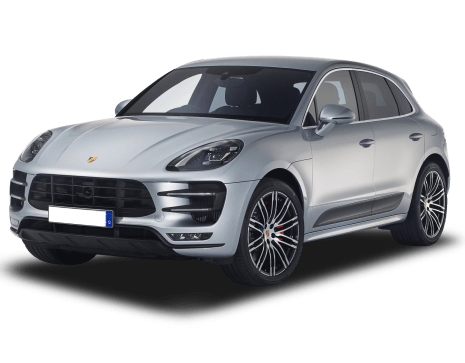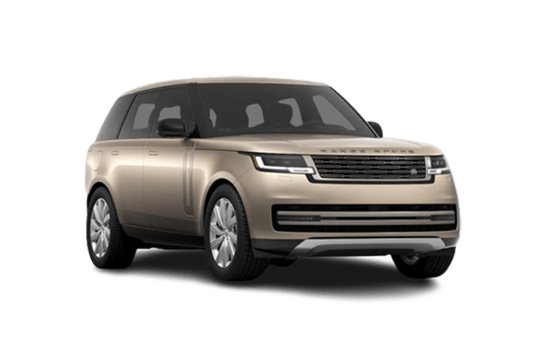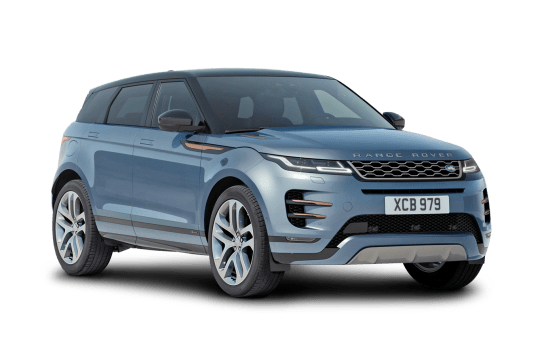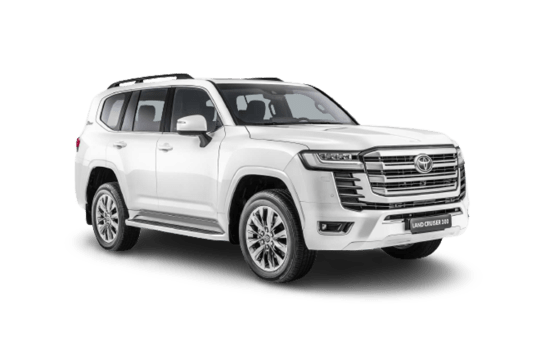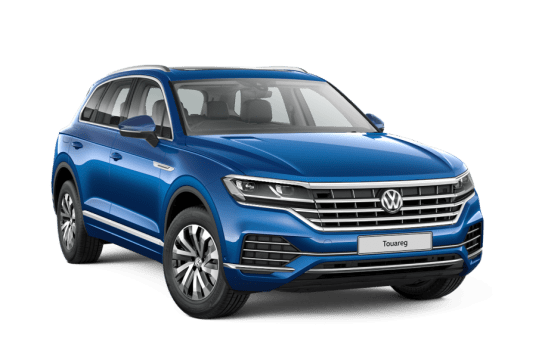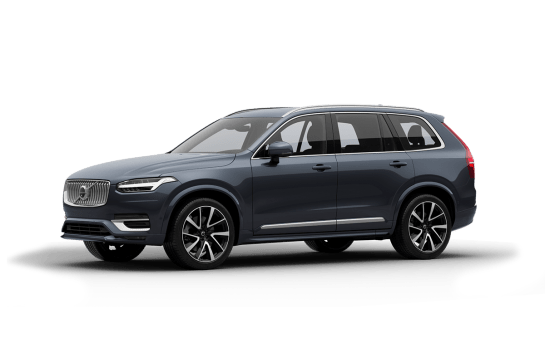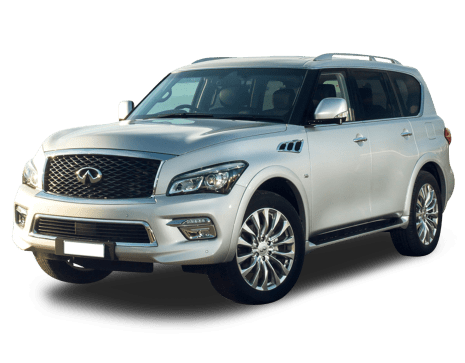
Infiniti QX80 VS Audi SQ7
Infiniti QX80
Likes
- Improved looks
- High level of comfort
- Off-road ability
Dislikes
- Price-tag
- No Apple CarPlay, Android Auto
- Understeer, bodyroll
Audi SQ7
Likes
- Growling V8 soundtrack
- Spacious, classy cabin
- Impressive ride and handling
Dislikes
- Lacks clever interior storage
- Engine is thirsty
- Expensive to service
Summary
Infiniti QX80
The world of upper large luxury SUVs, like Infiniti’s latest-generation QX80, occupies that rarefied air, way up high in the car market, that I’ll never breathe – and that’s okay with me.
You see, as much as I admire these plush vehicles, even if I did have the cash and the inclination to buy one, I’d be so worried about incidental damage to the exterior (shopping trolleys or other drivers’ touch-parking) or children-induced damage to the interior (car sickness, spilled food or drink, blood from sibling punch-ups in the second row) that I’d never be able to fully relax while driving the thing. (Newsflash: I’ve heard from Infiniti that the QX80’s upholstery has a soil-resistant coating.)
These pricey wagons certainly do have their fans though and now, with extensive exterior changes and some interior ones, does the QX80, based on the Y62 Nissan Patrol, actually offer anything to set it apart from other large premium SUVs? Read on.
| Safety rating | |
|---|---|
| Engine Type | 5.6L |
| Fuel Type | Premium Unleaded Petrol |
| Fuel Efficiency | 14.8L/100km |
| Seating | 8 seats |
Audi SQ7
The Audi Q7 has come in for its second facelift as it enters its ninth year of production while the younger Q8 is in for its first refresh.
But these two aren't like the Mitsubishi ASX and Eclipse Cross pair; Audi's MLB underpinnings were cutting edge at their launch 2015 and remain stand-out in the class with advanced suspension and chassis tech, connectivity and refinement.
A host of small visual and performance tweaks aim to make the range-topping SQ7 we're driving even better. But should you make the sensible seven-seat decision or go a little rogue and choose the sloping-roofed SQ8?
| Safety rating | |
|---|---|
| Engine Type | 4.0L turbo |
| Fuel Type | — |
| Fuel Efficiency | 12.1L/100km |
| Seating | 7 seats |
Verdict
Infiniti QX807/10
The petrol-only QX80, really a Y62 Patrol with shedloads of bling, is a curious beast; a big, bold status-boosting premium SUV, which is much better suited to the US and Middle East markets than ours. However, it has a real premium feel, is very smooth to drive and the exterior and interior changes have improved what has so far been a divisive model for a brand with a small but growing fanbase here. Infiniti sold 83 of the previous QX80 in 2017 and is hoping to move 100 of these new ones in 2018; they have their work cut out for them, but if brand confidence is worth a few sales, who knows, they might even top the ton.
Is the QX80 worth its hefty price-tag, or is it simply too much cash for something that doesn’t even have mainstream connectivity functions?
Audi SQ77.9/10
There are newer options than the current Audi SQ7 and SQ8, including those which use the same platform, but don't write these luxury large SUVs off just yet.
It's a rare thing that a vehicle costing $200,000 has an air of pragmatism about it, but the SQ7 does. Its sensible leather upholstery, decent practicality, towing capability and near-excess of interior space make it a great family wagon.
As a counterpoint, the sharper looking SQ8 has minimal trade-off in comfort and interior room (at least for five) and is the kind of statement piece you'd expect for the price — especially in one of its loud paint colours.
Whichever way you leap, it's true that while the SQ7 and SQ8 are ageing, they are doing so gracefully and remain a superb option in this segment.
Note: CarsGuide attended this event as a guest of the manufacturer, with accommodation and meals provided.
Design
Infiniti QX807/10
The bulk of the facelifted QX80’s design changes have been to the exterior and include, most noticeably, new LED headlights with a redesigned, sleeker but more aggressive front end than its predecessor’s softer, more rounded curves.
The new QX80’s bonnet is 20mm higher than before and has been extended 90mm; the side steps have been stretched 20mm wider, and the power tailgate has been re-designed to include sharper, thinner, rear LED taillights and the bumper is visually wider.
The whole body has a higher visual centre of gravity, with this latest raft of design shifts giving the SUV a taller, broader, wider and more angular overall appearance.
The interior includes a bigger, chunkier redesigned centre and rear console and those aforementioned premium touches, such as leather-wrapped heated steering wheel, updated upholstery-stitching, semi-aniline quilted leather patterning on door panels and seats, as well as its stainless-steel sill plates, all add to the premium feel.
The QX80 looks better than it did but, as the previous one was pretty hard on the eyes, the 2018 version may still polarise opinion.
Audi SQ7
If you're getting an SQ7, you'll want to tick the 'Black Pack' box because otherwise there are a lot of high-gloss silver details, especially at the rear that don't suit this tall and slightly awkward SUV.
The SQ8 is more convincing, appearing wider on the road with its new 'singleframe' grille design seemingly sucking it even closer to the tarmac like some kind of overgrown Audi RS3.
Both get an attractive new 2D design for the Audi rings and L-shaped grille details. These aid the SQ7's front end which is more muscular and purposeful than before.
The attractive lights have moved higher up the front end for enhanced presence, too. You get Matrix LEDs as standard but these candles are the hardcore HD Matrix items that feature laser light for further even longer light throw at night. They are simply awesome.
Fresh 22-inch alloy wheels and minor changes to badges finish off the exterior treatment for both cars.
The SQ8's bold specification — finished here in 'Sakhir Gold' — sets it apart from other SUVs as the metallic gold paint shimmers in the sunlight. The SQ8 is also available with whopping great 23-inch alloy wheels that you see here.
Inside, both cars share a similar architecture with 10.1-inch touchscreen for the multimedia and an 8.6-inch item below for heating and ventilation settings.
The SQ7 is a great example of a design ageing without dating, its confident horizontal lines and well-proportioned cabin features are as attractive as they were at launch, if less impressive than the related VW Touareg's whopping 15-inch screen or the minimalist Range Rover Sport.
Adding to the feeling of quality is that signature Audi smell — a combination of leather and the Sensory Package's perfume, no doubt. The SQ7 keeps a round-bottom steering wheel which remains one of the best in the business, it's just the right size and diameter trimmed with dimpled leather.
Final flourishes include the optional contrast red stitching and seatbelts as well as eye-catching turned aluminium trims.
Practicality
Infiniti QX807/10
The QX80 is a big unit – 5340mm long (with a 3075mm wheelbase), 2265mm wide and 1945mm high – and, when you’re seated inside it, it feels like Infiniti designers and engineers must have worked hard to maximise the space afforded them for driver and passengers without seeming to have sacrificed any style or comfort.
And that big open space inside the cabin is easy to get comfortable in. There are soft-touch surfaces everywhere – door panels, arm rests, centre-console edging – and the seats are unsurprisingly soft and supportive but tend towards slippery when there are quick changes in speed or direction, or when tackling steep downhills off-road. (It was fun to watch front-seat passengers slip-slide around inside during the 4WD loop)
If you’re up-front you’re well catered for; big glovebox; overhead sunglasses storage; the centre console now has a roomy smartphone storage area; the twin cupholders have been upsized to cop two 1.3-litre cups with handles (up from one 1.3-litre cup and a 950ml container); the USB port has been moved to the other side of the centre console so it’s easier to get to; the storage area under the front passenger arm-rest is now a 5.4-litre compartment, able to hold up to three upright 1.0-litre bottles or tablet devices.
There are nine cupholders and two bottle-holders in total in the QX80.
There’s a sunroof if you get the urge for natural light from above.
Second-row passengers now get 8.0-inch entertainment screens (up from 7.0-inch) and two additional USB ports.
The tip-up second row seats are easy enough to operate and the third row is power 60/40 split-fold-to-flat and reclining.
The QX80 is available with both seven- and eight-seat configurations, with the back seat in a two- or three-seat formation.
There is a 12V outlet in the cargo area.
Audi SQ7
The difference between aged and dated is best summed up, though, by the excellent usability of the SQ7's cabin controls.
The separate screen for ventilation, for example, makes it simple to adjust seat or vent temperatures without interrupting the main screen's navigation instruction or other media systems.
When using wireless Apple CarPlay and Android Auto the top screen is entirely devoted to the other software with no remnants of Audi's system. It runs smoothly at all times.
Switching back to Audi's system, and there's a lack of contrast to the dark main screen and navigation. The touch targets are huge, though, and the satisfying click of the haptic feedback is welcome when driving. It seems expensive and natural in a world of feel-free touch operation.
Audi's 12.3-inch digital driver's display remains one of the best in the business. Legible and customisable with bespoke sport modes and the ability to show a full-size map, if you wish.
You can keeping devices charged with a wireless pad or there are two USB-C ports under the cushy centre armrest. A 12-volt socket is also available, and two more charge points are found in the back.
If there's one criticism in the front, it's the fairly limited storage. The door bins are big enough for a 600mL bottle but not much more and beneath the armrest the tray is shallow. The only other storage spots are the two cupholders which are the perfect size for a small take-away coffee.
While on the critiques, the drive mode selector is awkwardly hidden near the passenger below the touchscreen.
The seats are amazingly comfortable with ample support and power adjust for everything, including under-thigh length and bolsters. Several massage programs can be accessed through the menus, too.
Continuing the comfortable seating, the SQ7's second row is capacious with plenty of head, leg and toe room even for those over 180cm.
The bench slides forwards and backwards manually and the backrest is adjustable. A fold-down armrest contains two more small cupholders, and there are two separate climate zones, two vents and heated outboard seats.
However, folding and unfolding the second row is a bit complex and quite heavy work with a strange mix between electric and manual movement to access the third row — a Nissan Pathfinder does this better.
Once back there, the third row is passable for adults providing the second row is slid forward.
There are ISOFIX ports and top tether anchors for both power-deployed third row seats, so you can fit up to five children's seats in an SQ7.
The SQ8's second row is still generous but you do lose a small amount of headroom owing to the sloping roof design.
You also sacrifice some boot space, at 608L with five seats and 1755L with the second row folded. That's still a lot but the spacious SQ7's 793L/1921L figures are even better and 295L with all seven seats up is respectable. Both have sturdy 40/20/40 split-fold rear seats.
As the vehicles are equipped with air suspension, owners can raise or lower the boot floor to make it easier to load bulky objects if needed. A power tailgate is standard on both models.
A retractable luggage cover, netted pocket, boot lights and some underfloor storage complete the boot, however both cars lack a spare tyre of any sort. A tyre inflation kit is included.
Price and features
Infiniti QX807/10
Pricing has not changed: there is one model and it still costs $110,900 before on-roads and that price does not include paint other than the standard Black Obsidian; metallic paint is $1500 extra. Changes over and above the previous model’s standard features list include 22-inch 18-spoke forged alloy wheels (up from 20-inch), Infiniti’s InTouch 8.0-inch colour touchscreen (up from 7.0-inch), new Espresso Burl coloured trim, new chrome finishes all-round, updated upholstery-stitching everywhere, quilted leather patterning on seats, new headlights, LED foglights and more. There is no Apple CarPlay or Android Auto.
Audi SQ7
Audi's range of Q7 and Q8 large SUVs starts at $117,284 for the 45TDI and there's a plug-in hybrid version from $152,284, both before on-road costs. The flagship SQ7 and SQ8 are $174,815 and $178,815, respectively.
The pair is a rare example of a discounted new car, albeit by a slim $585, so you'd expect these behemoths to offer comprehensive standard specification.
Features such as 22-inch alloy wheels, ambient interior lighting, soft close doors, power-adjust heated and ventilated seats, quad-zone climate control, 'Valcona' leather upholstery, a 17-speaker Bang & Olufsen sound system, full-length sunroof, navigation and a head-up display are included.
Naturally, options are available in packs and standalone choices with all vehicles we drove featuring at least one of the expensive box-ticks.
The 'Sensory Pack' seems a logical choice, bundling a 23-speaker, 1920-watt sound system with raising tweeters, 'Dinamica' headlining, massage seats, heated rear seats, Audi's air ioniser and interior perfume, extended leather upholstery and rear sun shades for $14,400.
Another major option is the $10,900 'Dynamic Package' with active roll stabilisation and Quattro Sport rear differential.
Stand-out stand-alone options include HD Matrix LED and Laser headlights combined with customisable OLED rear signatures ($3950) and the black exterior styling packages ($1850, or $2550 for the Plus version).
The as-tested price for the tow pack-equipped ($1500) 'Daytona Grey' car we spent most time in was rather high at $209,215 before on-road costs — that's over $30K worth of extras.
Under the bonnet
Infiniti QX807/10
The previous generation’s 5.6-litre V8 petrol engine (298kW@5800rpm and 560Nm@4000rpm) remains, as does the seven-speed automatic transmission with adaptive shift control. It also has Infiniti’s all-mode 4WD system, which offers Auto, 4WD High and 4WD Low settings and it has terrain appropriate modes (sand, snow, rocks) able to be dialled in.
Audi SQ7
The SQ7 and SQ8 both use a 4.0-litre twin-turbo 'hot vee' V8 petrol after the diesel SQ7 was abandoned in mid-2022.
It is the same engine you'll find in just about every application of this MLB platform, including the Porsche Cayenne, Bentley Bentayga and Lamborghini Urus — though it makes more power elsewhere.
In Audi's two medium-sporty SUVs it produces 373kW at 5500rpm and 770Nm between 2000-4000rpm.
In practice, it's a swelling, punchy engine without much top-end sparkle — though 4.1 seconds to 100km/h is nothing to scoff at.
The V8 also produces a rather splendid soundtrack, striking the right balance between Detroit burble and motorsport bark for this application.
An eight-speed torque converter auto transmission has been retuned for improved shift logic and it remains buttery smooth. It's pleasing enough just manoeuvring slowly around a car park, where you can feel just well calibrated the long travel throttle and transmission logic are.
Efficiency
Infiniti QX806/10
The QX80 is claimed to use 14.8L/100km. We reckon that fuel-consumption figure is very optimistic and if QX80 owners are partial to towing boats – as Infiniti reckons they are – or if they tackle some 4WDing, then that figure is going to climb much higher quite swiftly.
Audi SQ7
With 2340kg to heave around, not even the 48-volt mild hybrid system can save the SQ7's fuel consumption — it's a thirsty beast.
The rated ADR combined cycle (urban, extra-urban) figure is 11.8L/100km and indulging in the ample performance resulted in 16.5L/100km on the trip computer. The SQ8 was much the same.
The SQ7 is certified to tow up to 3500kg (braked), equal to a Toyota LandCruiser or Nissan Patrol.
A fairly large 85L tank gives the SQ7 a theoretical driving range of around 720km from a fill-up. Naturally, 98 octane unleaded is required.
Driving
Infiniti QX807/10
In the world of luxury SUVs big is king and this thing is definitely on the chunky side of big, but it doesn’t often feel too cumbersome for its own good, or too bulky to steer in and out of Melbourne’s bustling morning traffic with precision.
During this event, we did a fair chunk of driving – highway, country roads, gravel roads and a decent bit of 4WDing – and, surprise, surprise, it did pretty well, especially when things of this ilk usually exhibit the ride and handling of an old poorly-sprung couch on wheels.
It did, however, feel top-heavy at times and revealed substantial body-roll when pushed around corners at speed or even during some sections of slow, bouncy off-roading, so I’d be reluctant to experience what it would be like without hydraulic body motion control. However, we were willing to forgive it any rocking-and-rolling when that healthy V8 growl kicked in as we gave it the boot.
The 22-inch tyre-and-wheel combination is not the way I’d go if I was going to use the QX80 for any off-road forays but, having said that, we did fine on them, at road tyre pressures, over a decent off-road loop.
It has 246mm of ground clearance and 24.2 (approach), 24.5 (departure) and 23.6 (ramp-over) angles.
The QX80 has coil springs all-round and it was only ever caught out when it thumped through a couple of surprise potholes along a dirt road.
This Infiniti model has a claimed tare mass of 2783kg, but you wouldn’t have known it was that many kegs because it powered up steep and slippery bush tracks, through deep muddy ruts, over greasy rocks and through a few knee-deep mud holes with ease. It was as easy as pulling up, switching your terrain modes and dialling in your setting: 4WD High, 4WD Low or Auto. It has a locking rear diff and very capable hill descent control, which we tested on a few rather steep sections of track.
It’s nice to see vehicle manufacturers unafraid to put their off-roaders, even their pricey luxury ones, through a decent off-road loop at launch because it shows they have confidence in its capabilities.
The QX80 has a maximum braked towing capacity is 3500kg and 750kg (unbraked).
Audi SQ7
Our drive loop started in South-East Sydney where the SQ7's burbly V8 and air suspension fitted right in, easily soaking up the worst of the concrete expansion joints and sharp-edged potholes.
It is a joy to waft around in the refined SQ7 with its remarkably good vision out the front and back (with 360-degree cameras to help elsewhere). Standard rear-wheel steer allows the back tyres to rotate up to 5.0 degrees, giving the 5072mm long SQ7 a better turning circle (12.5m) than a Q3 small SUV.
Its driven home further by the excellent drive mode customisation. Along with the standard programs, you can set an 'Individual' mode up with various selections for the suspension, steering, powertrain response and exhaust noise.
Following the SQ7, our time in the SQ8 took in some more twisting roads and the combination of 23-inch alloys with firmer suspension settings meant that, even in 'Comfort', 'Auto' or 'Balanced' drive modes, the coupe-styled model had a busier ride.
Both SQ7 and SQ8 featured 'Sport' adaptive air suspension, sitting 15mm lower than normal with the ability to drop the ride height up to 40mm in 'Dynamic' mode or raise it 50mm in lift mode to get out of sticky situations.
Audi chose not to specify the Dynamic pack on the SQ8, though, and the difference is noticeable compared to the SQ7. The coupe SUV rolls a little more in hard cornering and doesn't engage the rear end in quite the same way.
Back in the SQ7, turn in may feel a little less sharp owing to the taller height but the active roll stabilisation and Quattro electronically-controlled limited-slip differential splitting power between the two rear wheels makes for a more confident vehicle with better punch out of corners.
Grip is prodigious and the SQ7 is always in control with 285/35R22 Bridgestone Turanza T005 tyres.
A 2.4-turn lock-to-lock steering system is well-judged, remaining light in Comfort but adding enough weight and precision in Dynamic.
The brakes — 400mm front rotors clamped by six-piston calipers with optional ceramics — are reassuring and feel Autobahn ready.
The Audi SQ7 with Dynamic Pack is like an Olympic swimmer that's put on some kilos and had a few kids but can still gap his teenage son in a 50-metre freestyle race.
This is perhaps the perfect expression of Audi's 'S' models USPs, being totally normal when pottering despite huge reserves of talent.
Safety
Infiniti QX808/10
The QX80 does not have an ANCAP safety rating. Safety tech as standard includes blind spot warning, intelligent parking system, forward emergency braking, lane departure prevention (incorporating lane departure warning), distance control assist and predictive forward collision warning, Infiniti/Patrol intelligent rear view mirror (which can display video from a camera mounted in the upper rear windshield) and more. It has two ISOFIX points in the second-row seats.
Audi SQ7
The Audi SQ7 is currently unrated by local ANCAP safety authority but Euro NCAP awarded a Q7 50TDI a maximum five stars in 2019.
It features eight airbags, adaptive cruise control, lane-keep assist, blind-spot monitoring, rear cross-traffic alert, surround-view monitor and exit-warning system to stop occupants dooring cyclists.
The adaptive cruise control is smooth and natural, although we found the lane-keep and lane-trace programs to be a little overbearing. Both can be easily disabled by holding the button at the end of the indicator stalk for about five seconds.
Ownership
Infiniti QX807/10
It has a four year /100,00km warranty. Service intervals are scheduled at 12 months/10,000km. The total cost for three years is $1346.11 (GST included).
Audi SQ7
Audi recommends SQ7 and SQ8 owners bring their car in for a service every 12 months or 15,000km.
Service pricing is not cheap, with a five-year package costing $4600 for either model. For reference a basic service plan for a BMW X5 costs $3450 for five years.
Audi has moved to a five-year, unlimited kilometre warranty with owners able to extend that (for a fee) up to nine years with Audi Advantage. An extra two years of warranty and scheduled servicing costs $4360 for the SQ7 and $4160 for SQ8.
Additionally, customers get access to Audi's loyalty programs with event invitations, ambassador experiences and discounts offers from select partner companies.


